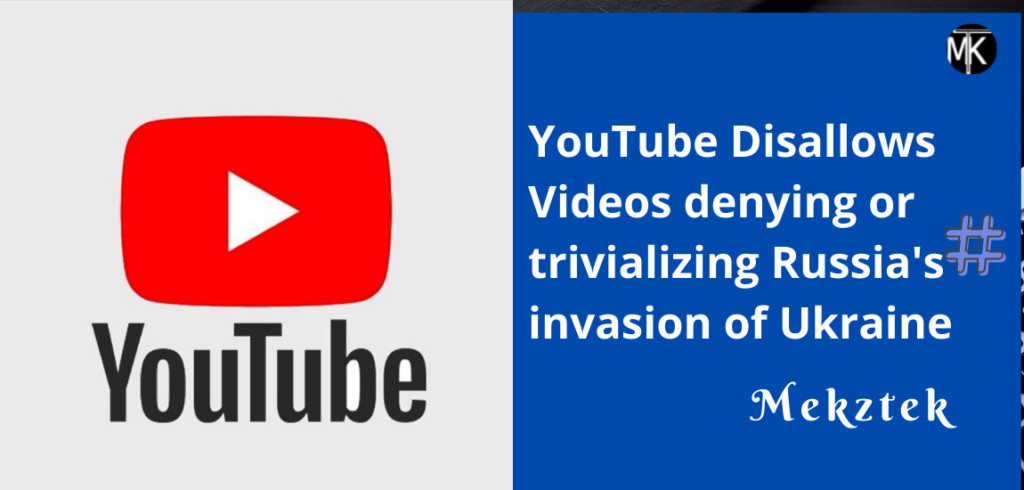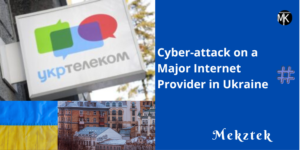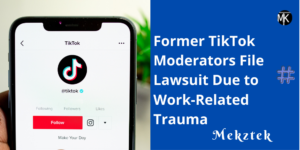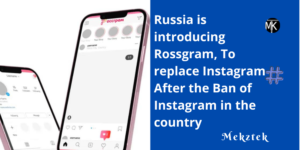YouTube announced on Friday that it is stepping up its response to Russia’s invasion of Ukraine, including increasing video removals of content that denies or trivializes the invasion, expanding its blockade of Russia’s state-funded media channels, and disabling additional money-making features on YouTube in Russia.
YouTube:
YouTube is one of the most influential sources of online information on the planet, with 2 billion monthly users and an inextricable relationship to the world’s most popular internet search engine. The steps made by YouTube on Friday are the latest instances of how the large digital industry has gotten more actively involved in opposing Russian aggression than in previous armed situations.
Previously, YouTube restricted access to Russian state-controlled media outlets RT and Sputnik across Europe; it disabled advertising in Russia, which is the primary source of revenue for YouTube and many uploaders; and it previously stated that it had removed “hundreds of channels” and “thousands of videos” related to the conflict that violated existing policies.
YouTube is now eliminating information regarding Russia and Ukraine that breaches a guideline against denying, dismissing, or trivializing well-documented violent incidents, according to the company. According to YouTube, over 1,000 channels and 15,000 videos relating to the war have been banned due to a variety of policy infractions. (To put this in context, YouTube eliminates millions of videos and channels each quarter.)
YouTube is restricting access to channels affiliated with Russia’s state-backed media. Once restricted to Europe, access will be restricted internationally. “This change takes effect immediately, and we anticipate that our systems will take some time to ramp up,” it said.
In addition, after pausing all YouTube ads in Russia, the company is now pausing all methods of monetizing YouTube in Russia. This will not only have an impact on Google’s income generation in Russia, but it is also likely to prevent Russian-based producers from generating money directly through their YouTube channels.
Read Also: The Top 5 IT Skills Professionals Need to Succeed in Their Career







